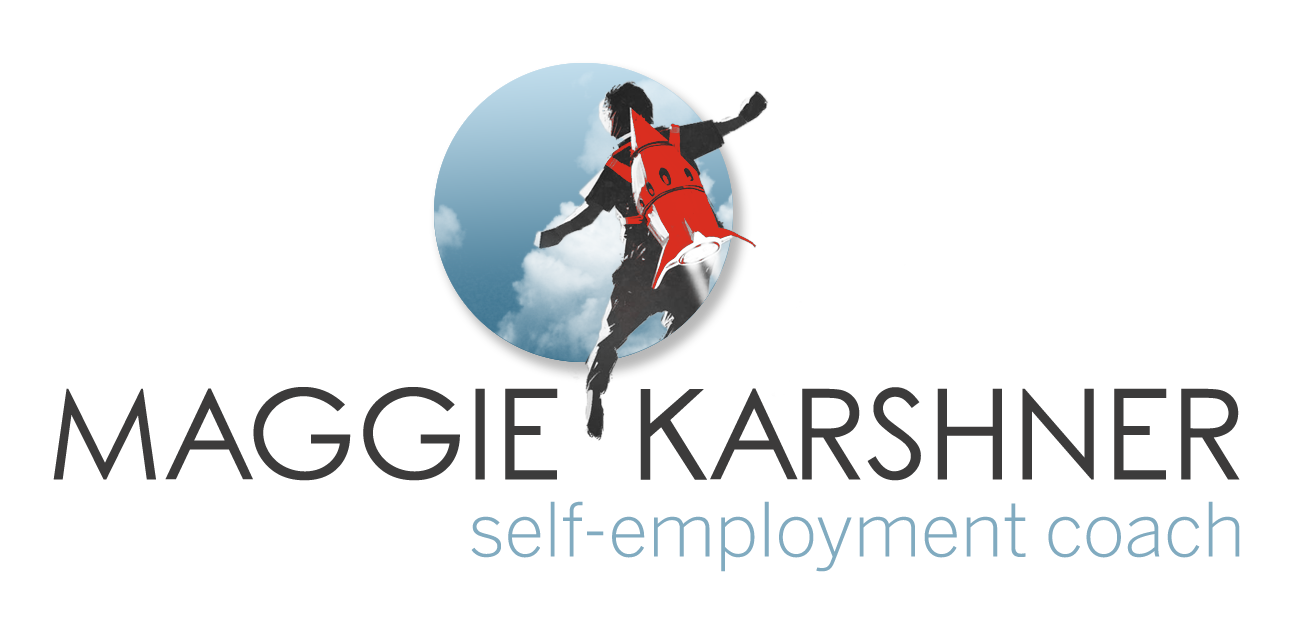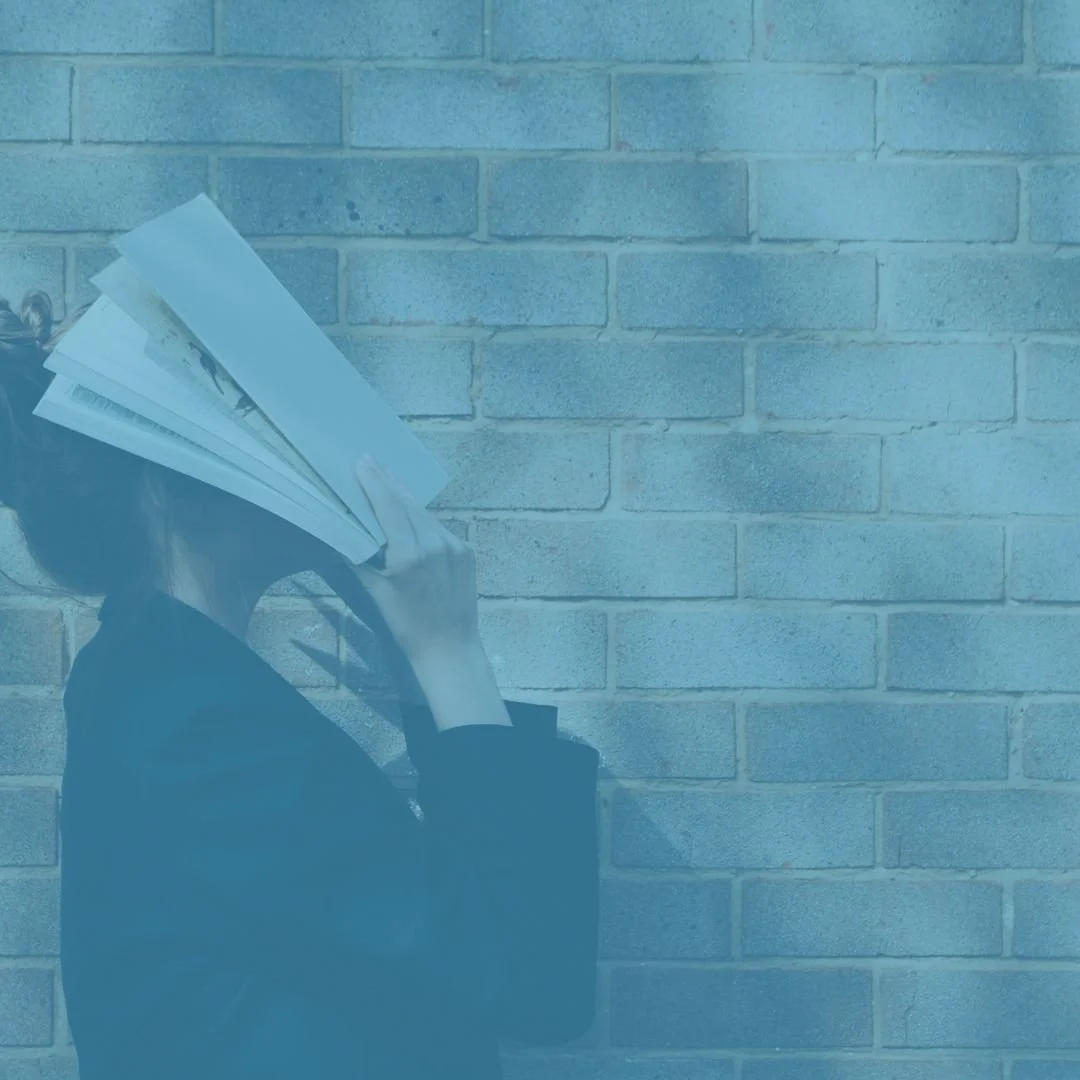Self-Employment and Ethics: How to Use Your Business to Improve the World
/Recently I've been ruminating on one of KC Davis' key messages: "Care tasks are morally neutral." It's got me thinking about the moral neutrality of business and all the places where it's not morally neutral.
Thinking of multi-national corporations we can see that businesses can definitely cause harm. As consumers, we often adjust our purchasing choices to favor businesses that reflect our values. Yet the deeper we dig into any corporation, the more ethical quandaries we find. At the end of the day, there is no ethical consumption in capitalism. As consumers, we cannot check out of capitalism entirely. And yet, consumers do have some power to effect change in the system. Though the primary holders of power are people with substantial amounts of capital.
Businesses generate capital. The owners of businesses are the ones who control that capital. Therefore business owners are powerful in a capitalist system. Does this mean every self-employed person has the power to effect change in capitalism? Yes and no. As very small businesses, we're not in control of a substantial amount of capital. But we are more in control of the capital created by our work than an employee is. What can we do with this slighter greater amount of power? I'm glad you asked.
With Power Comes Responsibility
The first step is always admitting the facts. As a self-employed business owner, you generate the same capital as an employed individual. And you control all your capital, whereas the employed individual controls none of theirs. This grants you more power. It doesn't feel like it because capitalism ignores responsibility.
Capitalism prioritizes businesses earning profits ahead of everything else. Understanding your responsibilities doesn't increase profits. Capitalism doesn't need you to interrogate the impact of your business decisions. But other people, society, and the health of our planet do need you to do this work.
Your responsibilities are higher because your power is higher. Anyone who controls any amount of capital ought to be held to a high ethical standard. This means we as individuals need to interrogate what "being a good person" actually means. What do we mean by "good"? How do we do good?
Values
To define "good" we need to look at actions in light of our values. We cannot prioritize all things at all times. Our values are the words we use to describe the why behind the decisions and actions we make. Understanding your own values is not a process of invention but of documentation. You have values regardless of if you know what they are. Identifying your values allows you to better understand quandaries and be more decisive.
Your values cannot be wrong. And values are not enough to ensure our intention to be good results in good end results for everyone involved.
Blindspots
Our values do nothing to guide us if we don't have a clear understanding of the situation. We all have blind spots. They're built into existence. You cannot look at the back of your own head without a tool. And you cannot see the harm your business may be causing without outside support.
We must look outside ourselves to find our blind spots. And this makes it somewhat public when we find them. When someone informs us of a blindspot there's a strong tendency towards self-flagellation. Resist this impulse to punish yourself for what you didn't know previously. You cannot know everything, and it's a waste of energy. Remember Maya Angelou's quote “Do the best you can until you know better. Then, when you know better, do better.”
Do Better, Do Good
When doing this work we often come across significant changes that need to occur. It can feel impossible to go from where you are to where you want to be. White culture imbues us with a sense of urgency, and a tendency towards all or nothingness. Throw these ideas out!
Yes, people have been and continue to be harmed by the problems you've identified. Yes, we need to take action. And everything can't happen all at once. Change is constant, our role is to steer its course.
There is so much value in even catching sight of a far-off place where you'd like to be in the future. You don't also have to run over there right now. Slow down and learn more about the best path to that destination. Give yourself time to learn from others' mistakes. Plug into the dialogue of the people on the ground of the issue you're trying to address. You don't have to do nothing; pick out a baby step. Learn and re-evaluate throughout your journey.
Morally Neutral?
Self-employed people have different choices within capitalism and more power than employed people. We can effect change if we choose. Your business is morally neutral in the same way that a knife is morally neutral. It can be used to make nourishing food, or it can be used to stab and kill things. It's equally effective at both tasks. This means we can be more thoughtful and use our business to contribute to bringing about a better world. Or we can haphazardly do whatever and maintain the harms caused by the status quo.
What's a thoughtful choice you've made in your business that improves from the status quo? Share in the comments below so we all can get new ideas!




